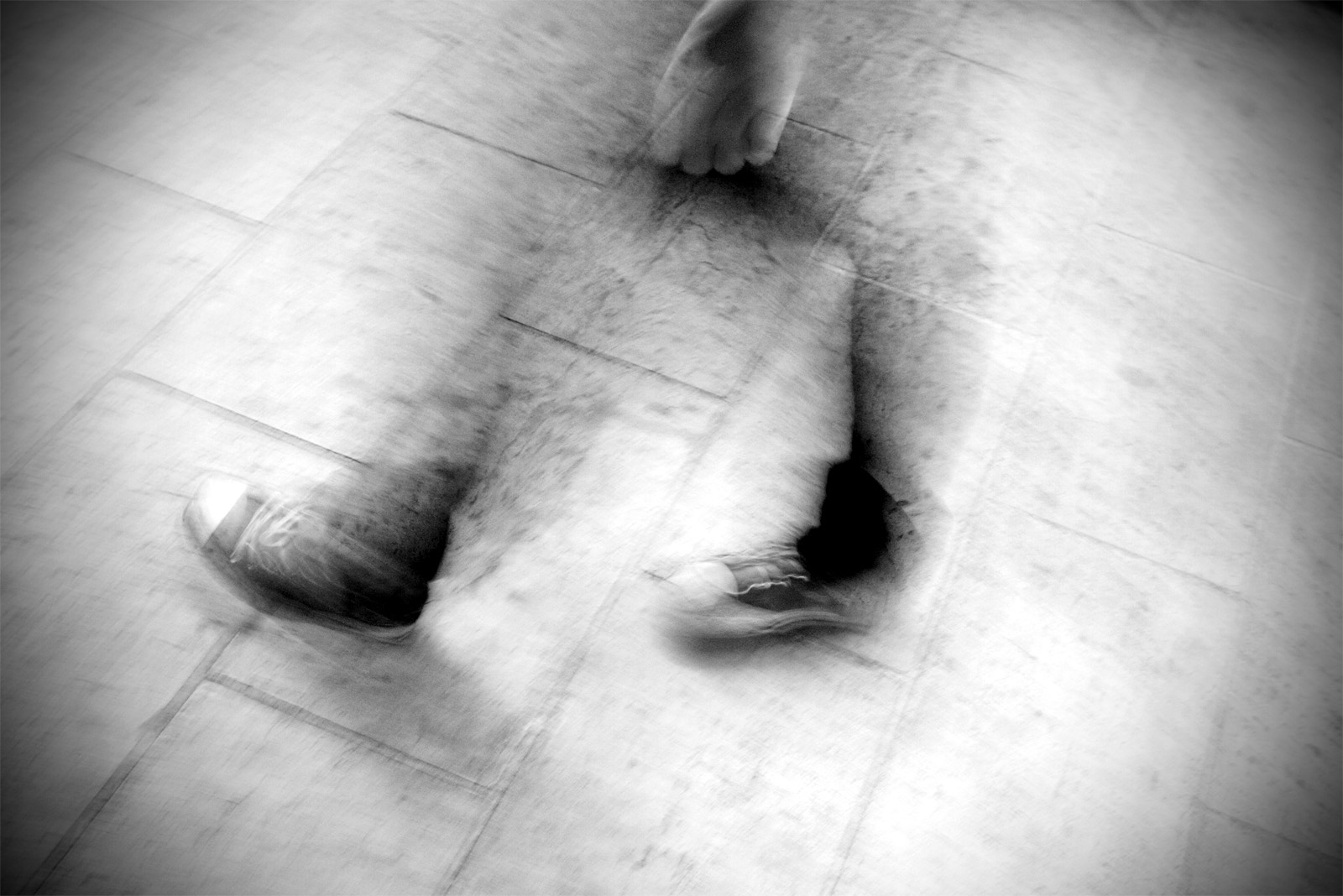The police have used COVID-19 regulations as ‘an excuse’ for increasing harassment and the use of stop and search, according to a coalition of community and youth groups. A new report from the Alliance for Youth Justice, argues that children have felt unfairly targeted. ‘During the pandemic, many children have continued to be arrested and detained by police, even overnight,’ says the new report. ‘Police interactions with children have exacerbated existing tensions.’
The new study – A perfect storm for children at risk?: Preventing a post-pandemic surge in the criminalisation of children – is the first of three briefings as part of the group’s Impact of COVID-19 on Youth Justice’ research project. ‘The impact of COVID-19 on children is devastating, as not only have pre-existing vulnerabilities been exacerbated and safeguarding concerns heightened, but many more children and families are now exposed to new and increased challenges,’ the report begins.
The report, written by Millie Harris and Pippa Goodfellow, highlights the role of policing and stop and search since the start of the pandemic. ‘Policing has been at the heart of the government’s response to COVID, so that entirely predictably would impact upon those racialised and working class communities that are already subject to over-policing,’ one community organiser told the report’s authors. A solicitor specialising in youth justice talked of his experience of ‘some really nasty cases through this pandemic where the children have been really badly assaulted by police’. ‘One client in particular got stopped by the police for apparently cycling through a red light, he then got properly dragged to the floor…had one of the officers’ knees on his neck,’ the lawyer said.
The report argues that for many children on the fringes of the justice system the pandemic was ‘an additional trauma to an already extensive list’ and it was ‘more important than ever to identify and respond to what is driving offending behaviour to prevent spiralling levels of criminalisation’. Metropolitan police commander Catherine Roper Metropolitan, National Police Chief’s Council lead for children and young people, said: ‘I worry that too often, particularly for some of our BAME young people, that we’re so far away from them trusting us at all, that they would prefer to do whatever it takes to get in and get out of that criminal justice process as quickly as possible, rather than engage in diversion and early intervention. This is our responsibility to rebuild that trust, not theirs.’
The report identifies ‘a concerning shift’ in government policy towards increasingly ‘punitive measures’ – for example creating or expanding powers like stop and search and Knife Crime Prevention Orders that will ‘widen the net of children within the realm of enforcement and criminalisation’. ‘Such measures signal a shift in how the system treats children and responds to their behaviour, and given inequalities in policing, enforcement and sentencing, will exacerbate racial inequality,’ it continues. The report also added to the list the Police, Crime, Sentencing and Courts Bill (anti-protest provisions, criminalising the Gypsy, Roma Traveller way of life, increasing levels of surveillance and enforcement); the Nationality and Borders Bill (making it harder for victims to receive protection under the National Referral Mechanism), a care review (‘billed as “once in a generation” had the starting premise that no more money will be spent on the care system’), the Judicial Review and Courts Bill (‘making it harder for people to stand up for their rights’); and ‘in the era of George Floyd and Black Lives Matter’, the government’s Commission on Race and Ethnic Disparities denying the existence of systemic racism. ‘Punitive measures risk marginalising children at a time when focus needs to be on building hope for the future back up,’ the report says; noting that Labour was also playing into ‘punitive narratives about the response to crime’.







